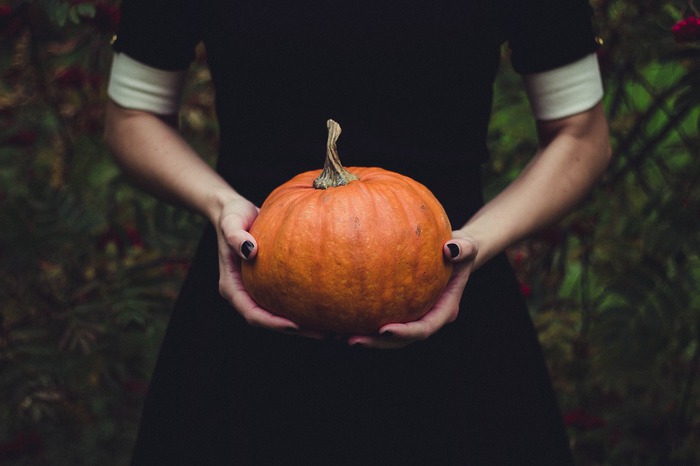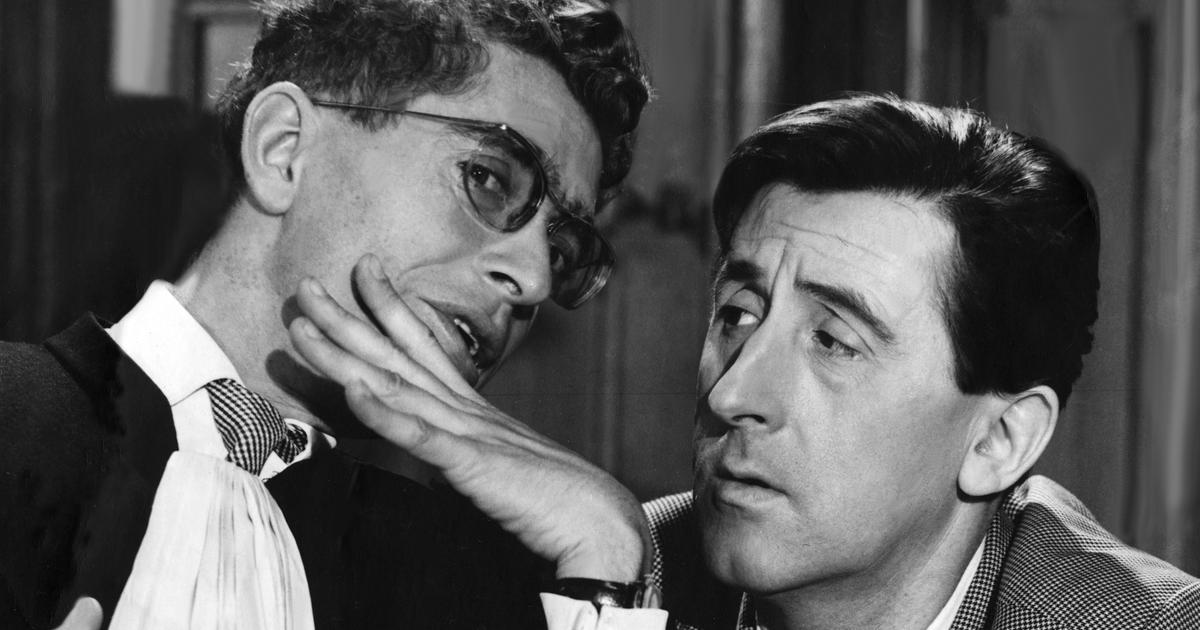From Ireland to the United States, at the end of October many children (but not only) celebrate Halloween with candies, treats, disguises and scary films.
Even in Italy this party, on the night of October 31, is increasingly widespread, although this year with the closures to contain the pandemic, it will be experienced in a decidedly different way.
Here, from Cambridge Assessment English, the historic certification body of the English language level, the words to know and some curiosities about their origin.
Halloween
The name Halloween comes from the Scottish term Allhallow-even (or Hallow-e'en), that is Eve of All Saints, All Saints' Eve.
The term appeared in its modern form in the second half of the 1700s, but the roots of this festival date back to many centuries earlier, when the Celtic tribes celebrated the end of summer and, believing that on this October night the spirits returned to earth, they disguised themselves to hide and scare them.
The celebration was then resumed in the Christian tradition by dedicating November 1 to All Saints.
Trick-or-treat
On Halloween night, especially in Anglo-Saxon countries, children of all ages go from house to house shouting trick-or-treat, "trick or treat".
The origin of this tradition is very ancient and seems to date back to the Middle Ages, when, on the night of All Saints, beggars used to knock on the doors of houses and ask for food in exchange for a prayer;
those who refused obtained a curse or the wish of bad luck.
Candy Corn
Speaking of sweets, among the most famous related to Halloween are candy corn, the American candies made of sugar and honey and shaped like a corn grain (corn, in English).
Typical of the United States and Canada, they were born in the late 1800s in Philadelphia and today they are a real must, as well as one of the symbols of this holiday, so much so that they cannot be missing in the Halloween loot and in the candy bags of children from overseas.
Jack-O'-Lantern
There is no Halloween night without pumpkins, but above all without the famous Jack-O'-Lantern, the carved pumpkins.
Their name derives from an Irish legend according to which a man named Jack, having deceived the devil in life, was cast out of hell after death;
since then his soul wanders aimlessly with only a turnip used as a lantern thanks to a burning ember placed inside.
The switch from turnip to squash occurred with Irish migrations to the United States, where the latter was much more common.
Spooky
The term spooky, which in Italian can be translated as "spooky", "scary" or "disturbing", is the adjective that best describes the night of Halloween.
The word, which derives from the Dutch spook, where it means "ghost" or "apparition", was first used in English in the nineteenth century and has never abandoned the English vocabulary since.
Ghost
The word ghost (“ghost”) has its roots in the ancient West Germanic languages, where the term gaistaz, from which it derives, indicated spirits or, more generally, supernatural beings.
From there, the noun then spread to many other European languages (in Dutch today it is geest, for example) appearing in the current English form around 1600.















/cloudfront-eu-central-1.images.arcpublishing.com/prisa/IGZ7GOCXZ5GUPAQ2HWGK6Z76BU.jpg)